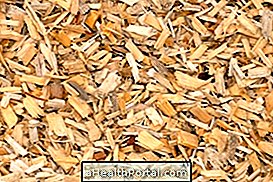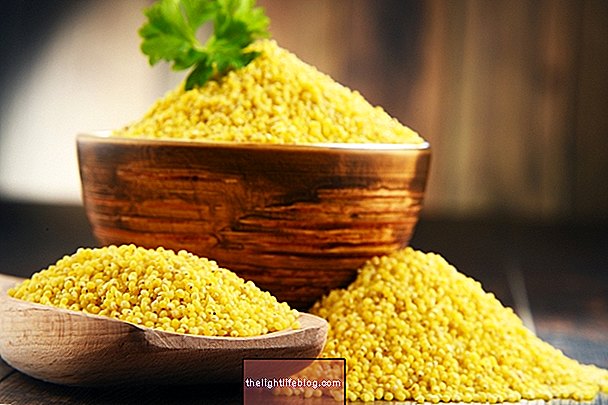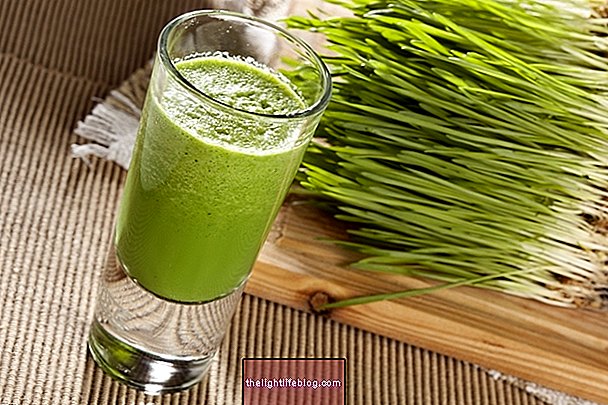Aloe vera juice, which is made from the Aloe vera plant, is an excellent source of nutrients and brings benefits such as moisturizing the skin and hair, and improving bowel function.
This juice can be found in stores of natural products or nutritional supplements, but can also be easily made at home. Among the health benefits are:
- Treat diseases and skin problems such as burns;
- Cleanse the intestine by bringing more water and fighting constipation;
- Relieve heartburn ;
- Be anti-inflammatory and reduce pain;
- Decrease in inflammations such as tendonitis, arthritis, bursitis, insect stings and others;
- Accelerate wound healing ;
- Improve skin and hair;
- Act as antibacterial .

However, it is important not to overdo the amount of juice consumed because its excess can cause nausea and diarrhea.
How to make juice at home
To make the juice at home, you must remove the leaves of the plant and cut the thorny sides. The leaves are then washed and the yellow part is removed just below the bark, as it causes irritations in the stomach. Place the gelatinous white part in a blender in the ratio of 100 g of the pulp to 1 liter of water, and beat.
If necessary, you can also add 1 tablespoon of honey and a citrus fruit like lemon or orange to improve the flavor.

Recommended quantity
The recommended amount is to take only about 20 ml of the juice 2 to 3 times a day because its excessive consumption can cause nausea, abdominal pain and diarrhea due to the presence of aloe, a substance that irritates the intestine.
Adverse reactions and contraindications
The consumption of slug juice can cause abdominal spasms and kidney irritation. In addition, its constant use can cause intestinal constipation, because the intestine will be dependent on the action of the juice to function.
The use of slug juice is contraindicated for pregnant women, the elderly, and people using drugs to control pressure and heart problems.























